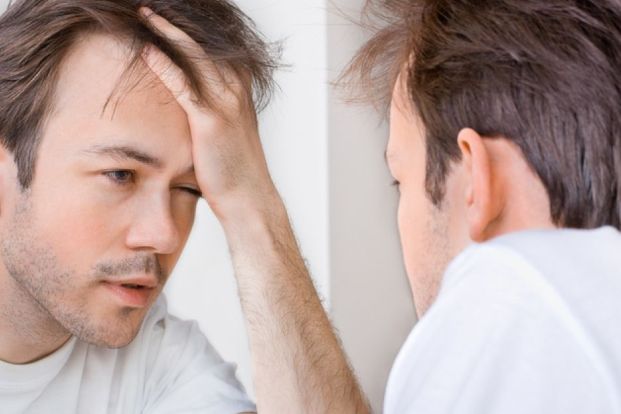How is erectile dysfunction treated?
Apr 19, 2022
Erectile dysfunction(ED) is defined as the recurrent or persistent inability to attain and/or maintain an erection for satisfactory sexual performance. ED has been classified into three groups-psychogenic, organic and mixed. The evaluation includes a detailed history with interviews with both the partners separately and later sitting together. This is a major health issue faced by more than 1 million men over different age groups. This ailment can have far-reaching psychological aspects too. Hence it is important that one facing the same consults a urologist at the earliest.

How is Erectile Dysfunction diagnosed?
- Blood sugar, serum cholesterol, hormonal evaluation apart from a thorough physical evaluation helps in pinpointing the cause of ED.
- Available diagnostic tests include Nocturnal Penile Tumescence (NPT) rigidity recording, intracavernosal injection of vasoactive drugs (ICIVAD), color Doppler ultrasonography and selective angiography.
- Based on findings in these tests the patient can be offered treatments in the form of intracavernosal injection of PGE1, penile revascularization in young men who had a trauma-induced reduction in penile arterial flow or a perineal crushing injury.
Medical Treatment for Erectile Dysfunction (ED):
- For most patients, an initial trial of therapy with oral agents known as PDE5 inhibitors (PDE5I) is started.
- The patient is advised to make lifestyle changes in the form of cessation of smoking, regular physical exercises, avoidance of sugar and excessive consumption of alcoholic beverages.
- The patient is encouraged to take plenty of fresh fruits and juices and avoid late night binge eating.
- If any psychogenic component like performance anxiety is detected on evaluation then counseling is done.
- Those patients who do not respond well to oral therapy with PDE5I and are willing for injection therapy or surgical intervention need invasive evaluation.
Surgical Treatment for Erectile Dysfunction (ED):
A penile prosthesis is indicated when the patient’s response to above-mentioned interventions is not satisfactory. There are various devices from many multinational companies and one Indian device designed by an Indian urologist. Penile implant gives excellent results for intelligent patients who are manually dextrous.
Important Note:
The patients with hypercholesterolemia also need cholesterol-lowering drugs like statins, blood sugar levels need tight control and any other underlying medical condition needs to be treated. All treatment for ED has to be started under the supervision of qualified urologist or sexologist and self-medication should not be attempted as serious complications may happen if not detected early.








